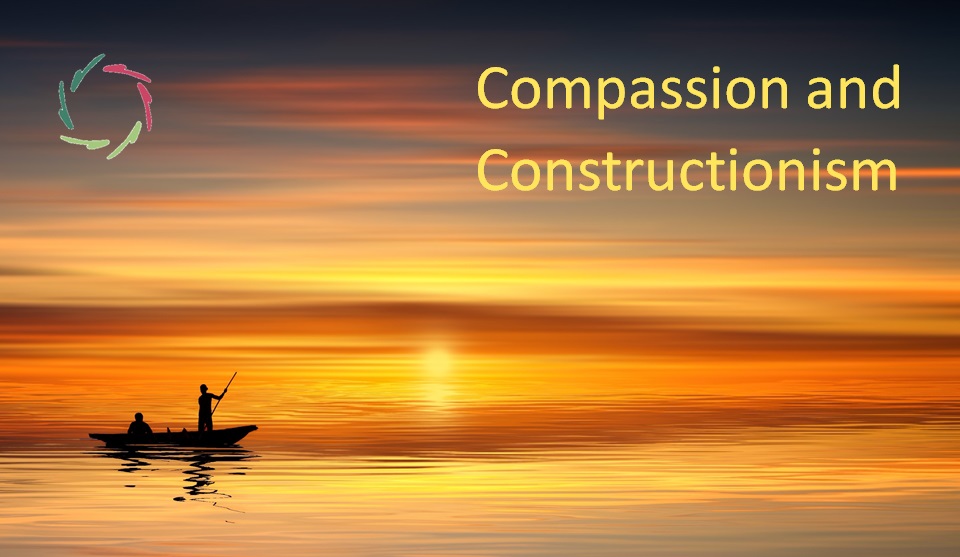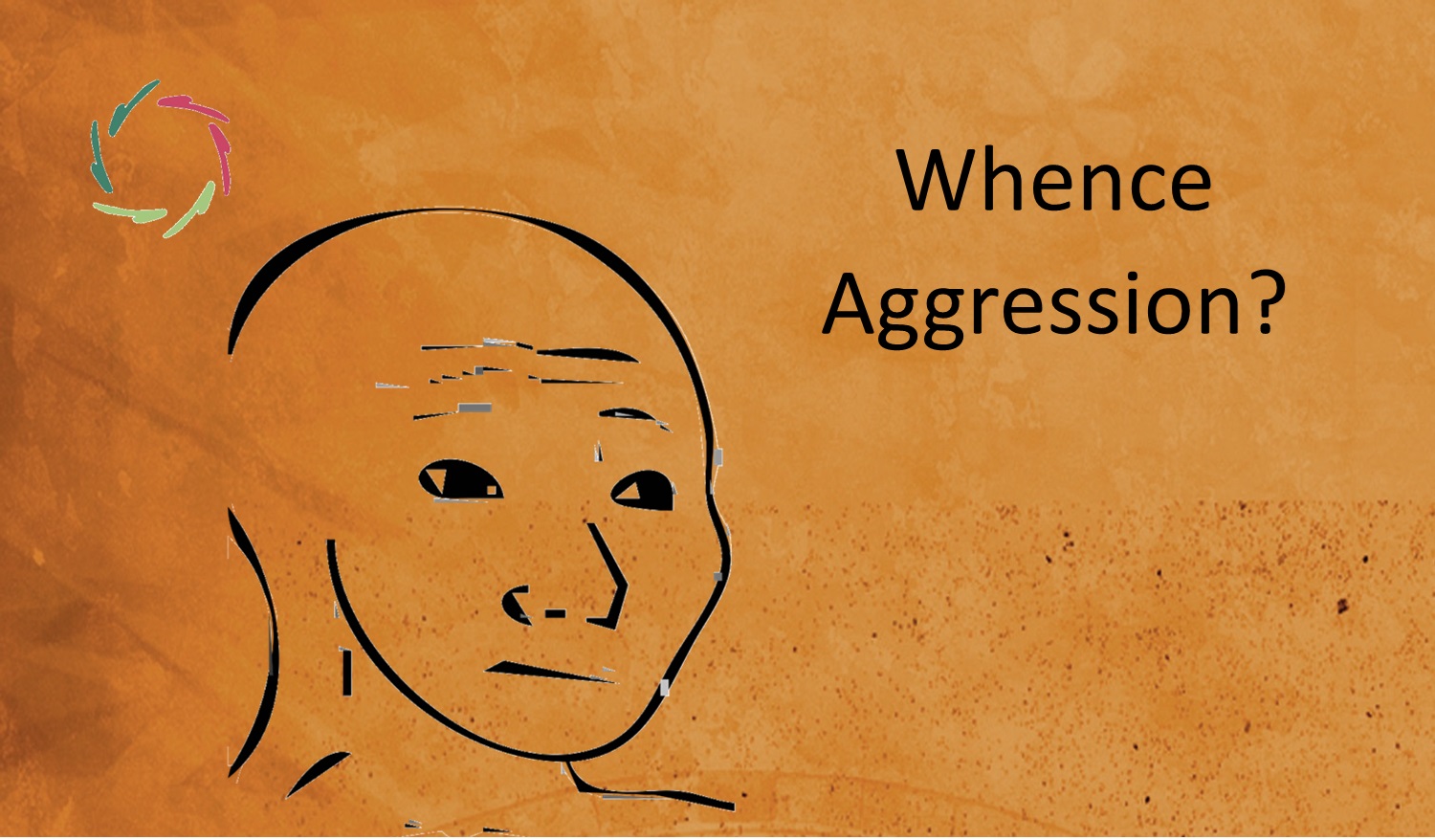Fluid Minds, Brains, Bodies

Minds change continually. Brains change continually. Bodies change continually. According to the chosen viewpoint: with many overlaps or influences.
We like to think of ourselves as solid.
Daily life gives that impression. We don’t change a lot day after day. We can think of ourselves as we were yesterday or last week, last year, and feel about ourselves, correctly, as strikingly the same person.
But there is also another picture.
Looking at it as the earth
One can move across flat earth – at least in appearance – and go on and on, and if not looking far ahead, it remains flat. It is not, of course.
At the same time, one may think this flat earth is nothing but a relatively solid surface. Wrong again. Beneath our feet, deep enough, it’s all movement at a big scale.
We, too, are not as flat and solid as may seem.
We are fluidity.
It’s pretty visible, unfortunately perhaps as visuals may show, in the body. In mind, we have no objective visuals to turn to. Also, the mind may be even closer to who we think we are. That is, we may not want it to change so much for fear of losing ourselves.
Yet, for instance, no memory is an accurate recollection. It is a construction of the past from the present with the goal to make sense of it all. Within this reconstruction, our past influences our present and vice versa.
Something of now may make you think of something from the past? This is only partly true.
Changes in minds/brains/bodies
From short sight, consciousness may look like the earth’s crust: flat, solid, present by itself.
If we look under the hood, we may notice another dimension, fluidity, and interdependences in every way. We also see that changes in minds, brains, and bodies happen simultaneously. One may see overlaps or mutual influences in this. One may look at them as separate or unified according to one’s viewpoint.
Eventually, they act in a very unified manner. So, functionally at least, the mind is one with the brain and one with the body. Talking about the ‘mind’ is a way of speaking.
This may make us respect our minds much more.
Taking care of the mind = taking care of the body. Mind is not just some ephemeral no-thing. It is as real as the body.
Also in healthcare.
The implication to coaching/psychotherapy is huge. It can lead to changes in the mind, and these are also changes in the body.
That may make it more respectable until one realizes that it should not even be a basis for respect.
We should respect our mind because that is who we are: one organism of body and mind, simultaneously and continually fluid.
This fluidity doesn’t change us into someone else.
We are fluidity.


